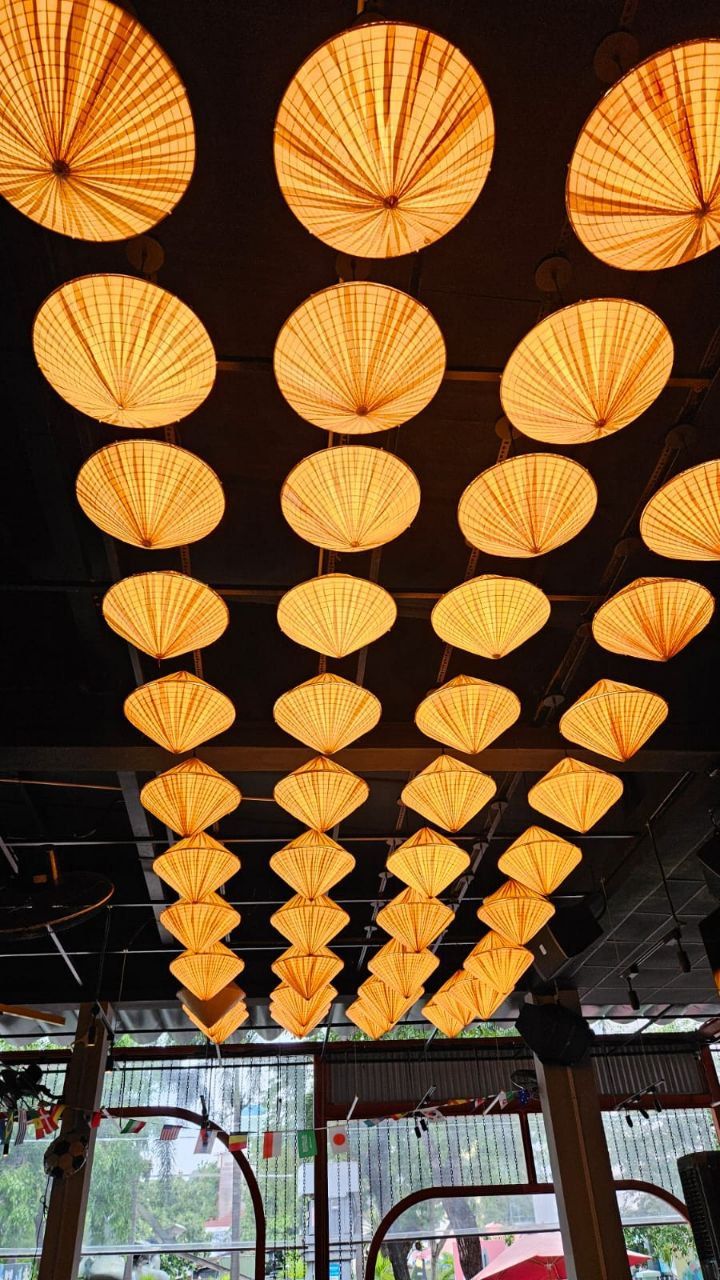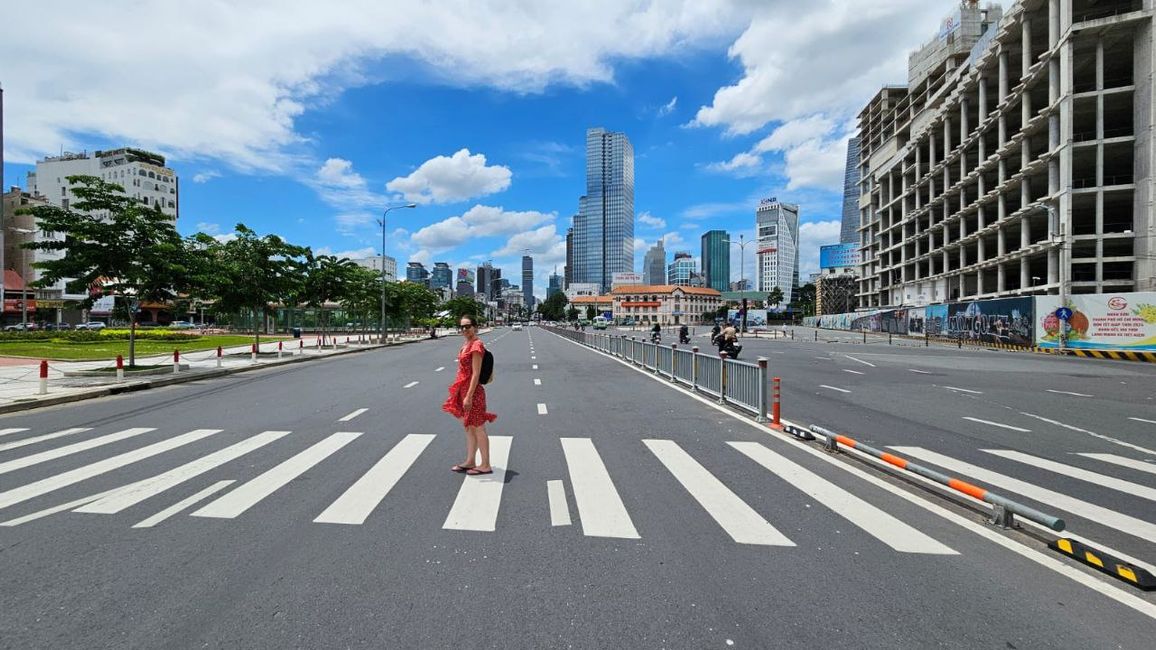Where the pepper grows
יצא לאור: 17.07.2024
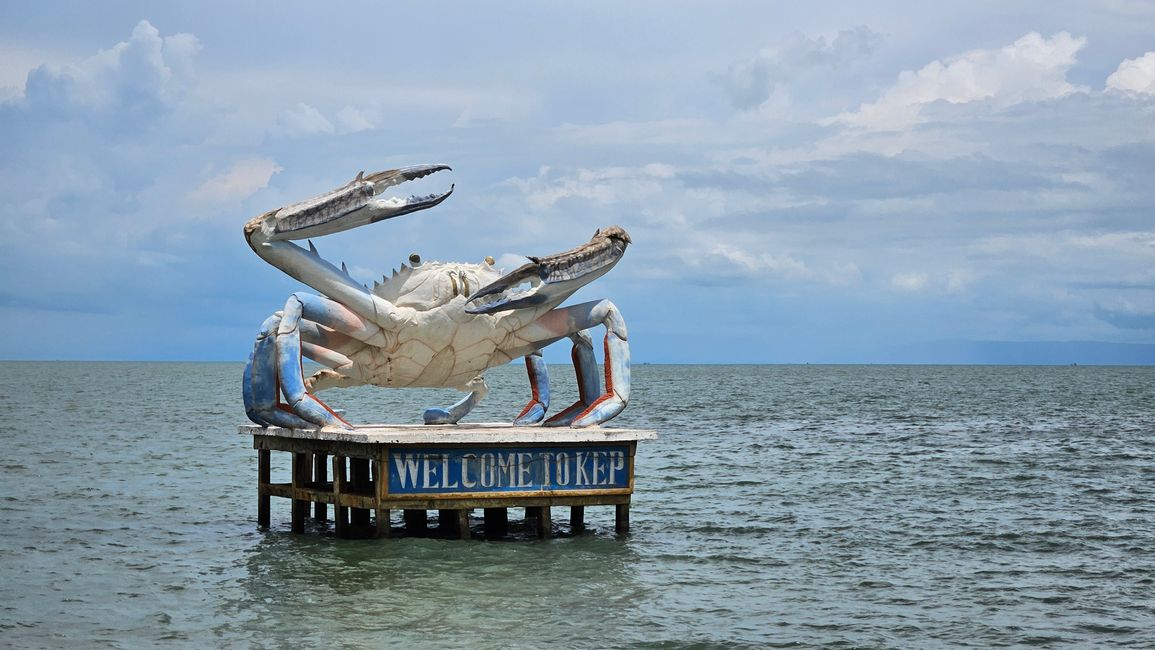
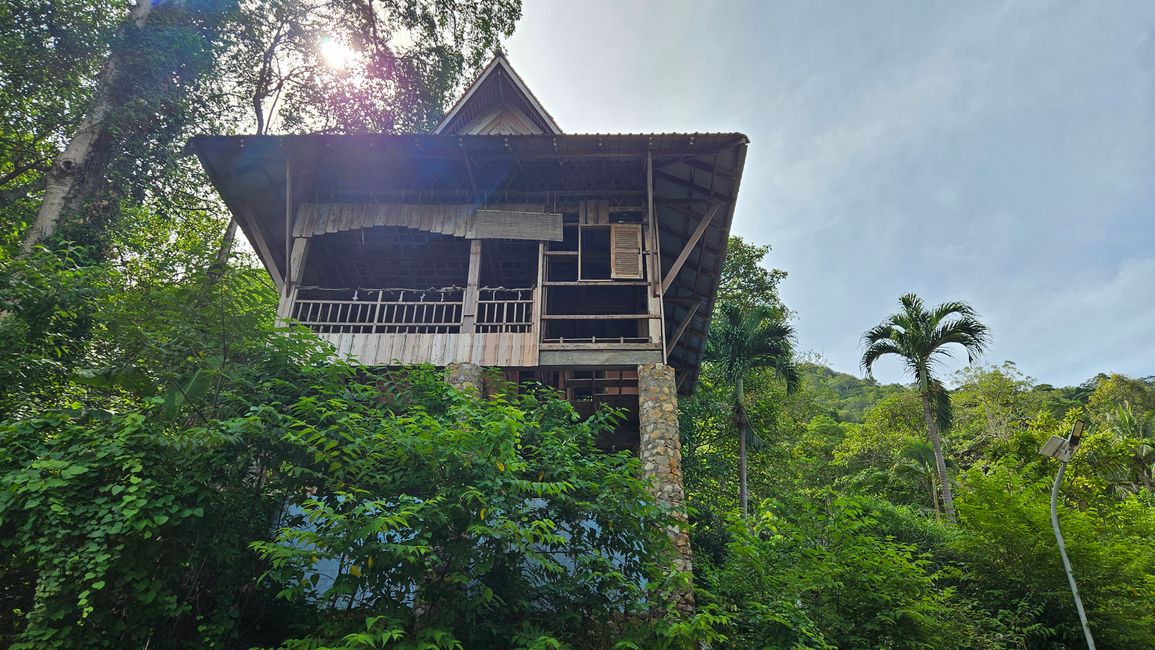
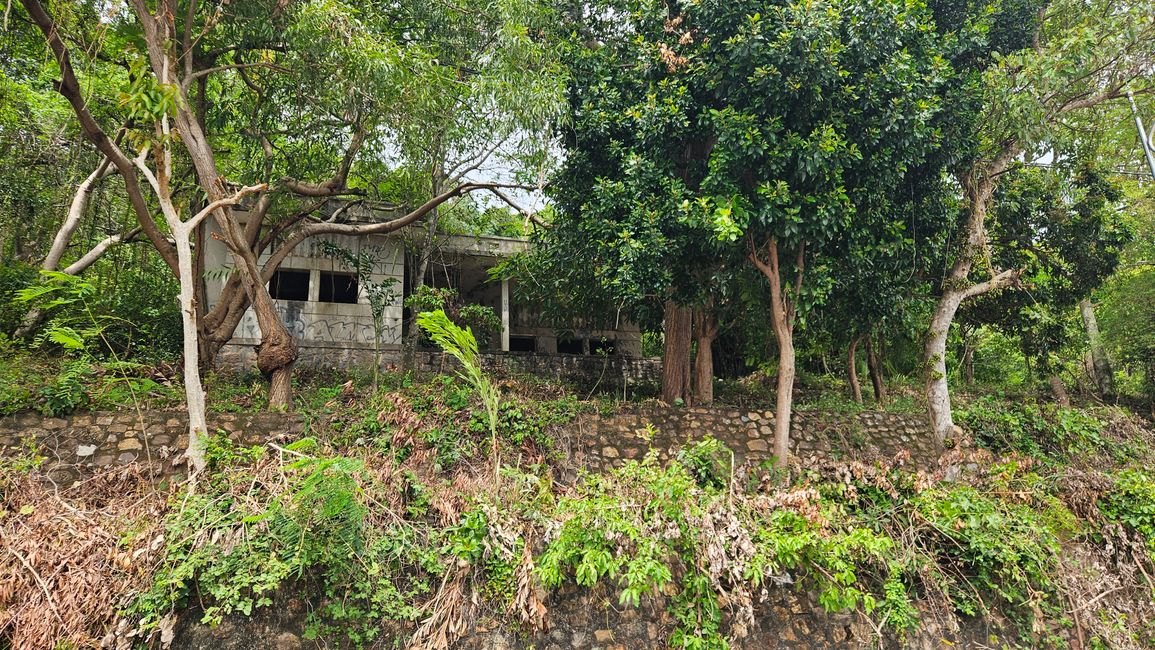
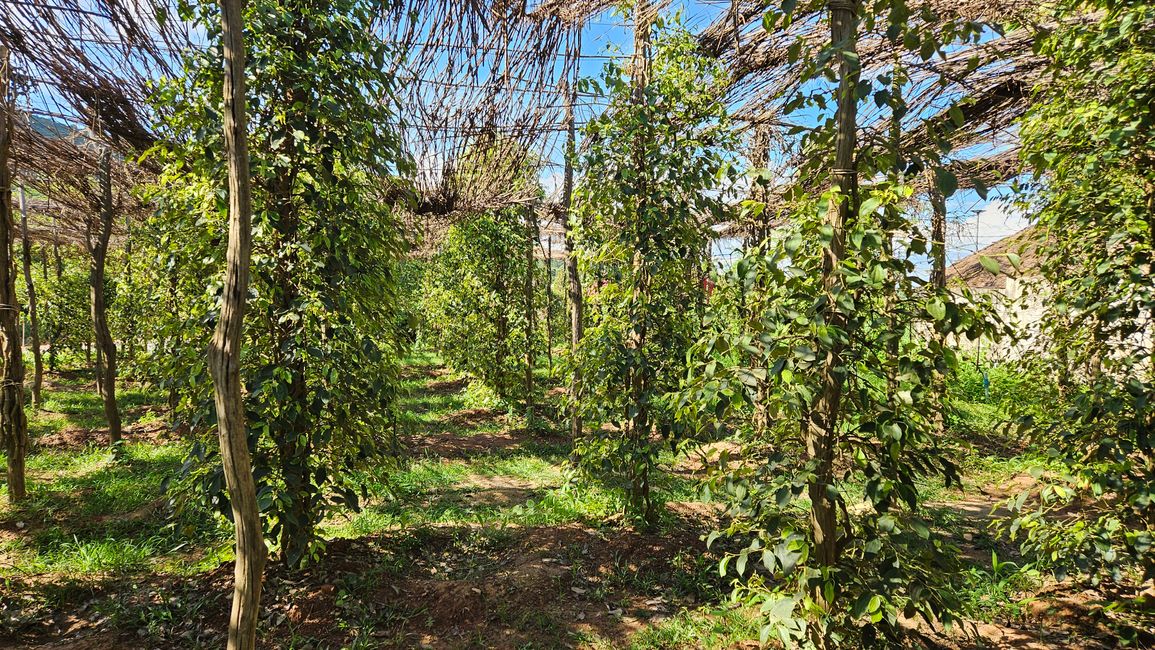
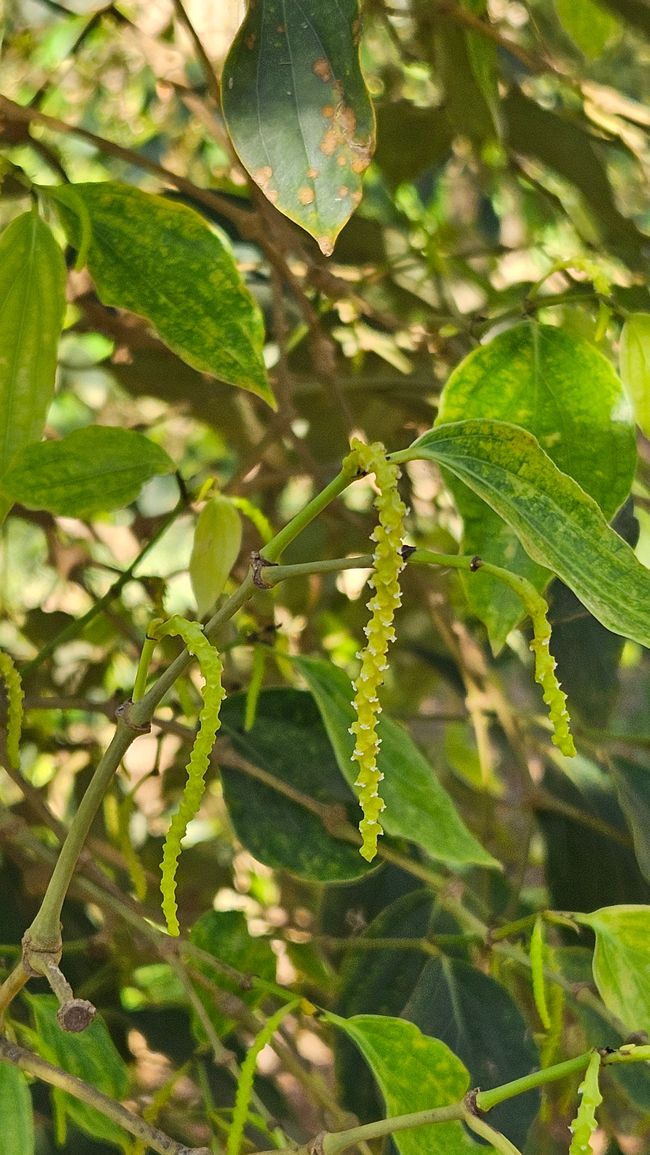
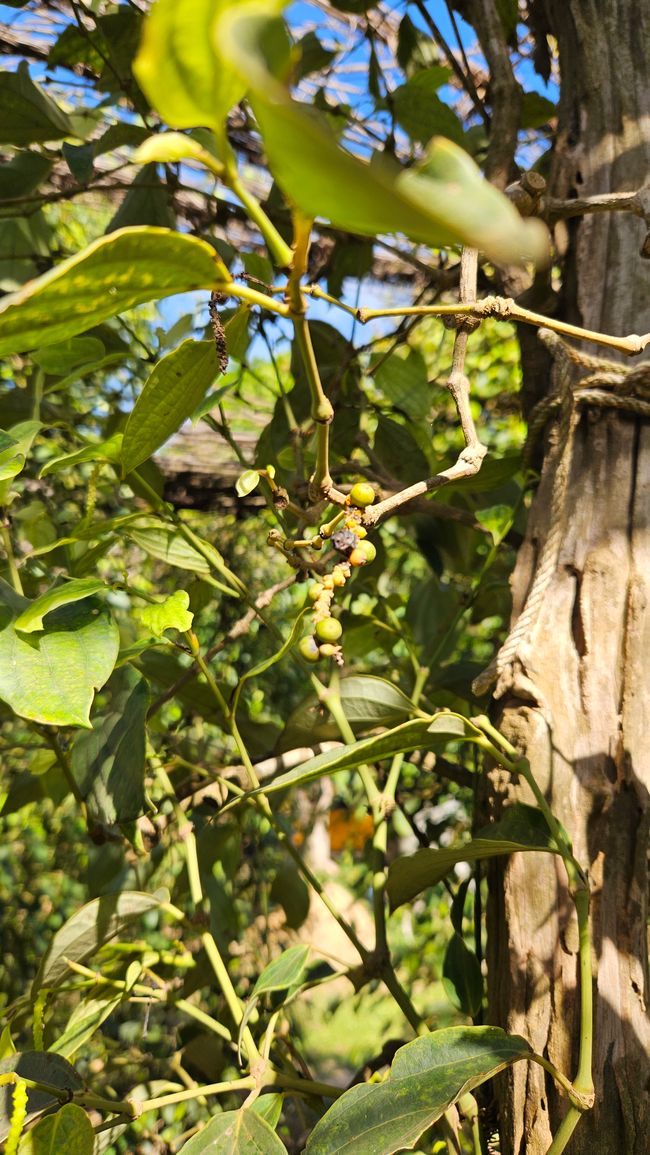
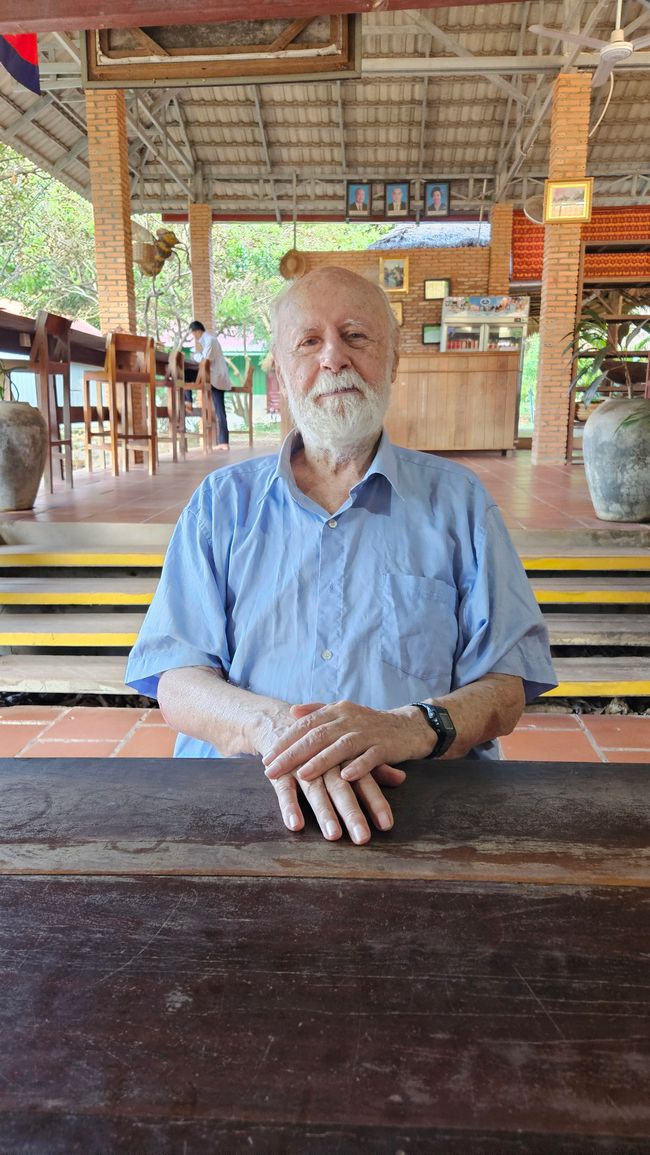
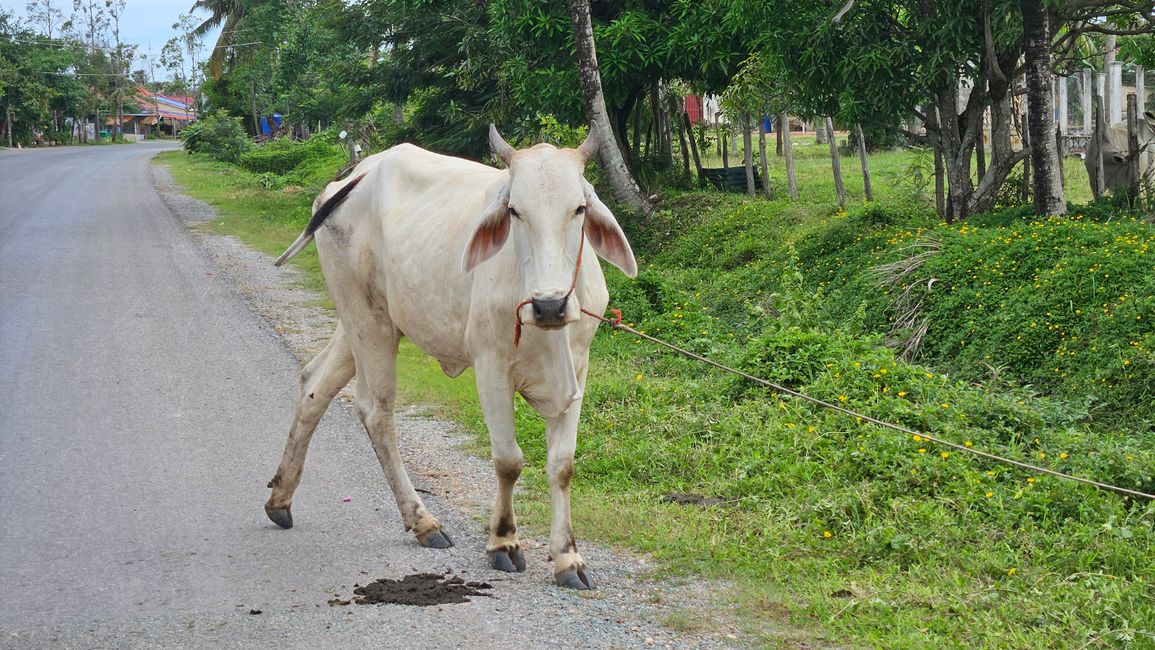
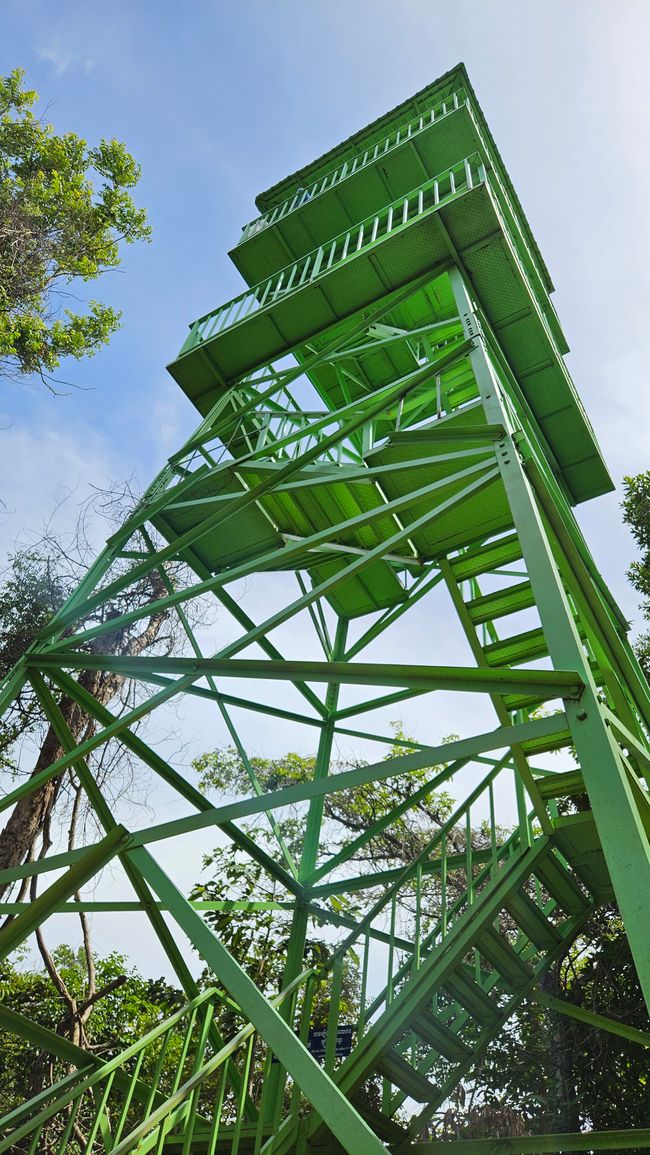
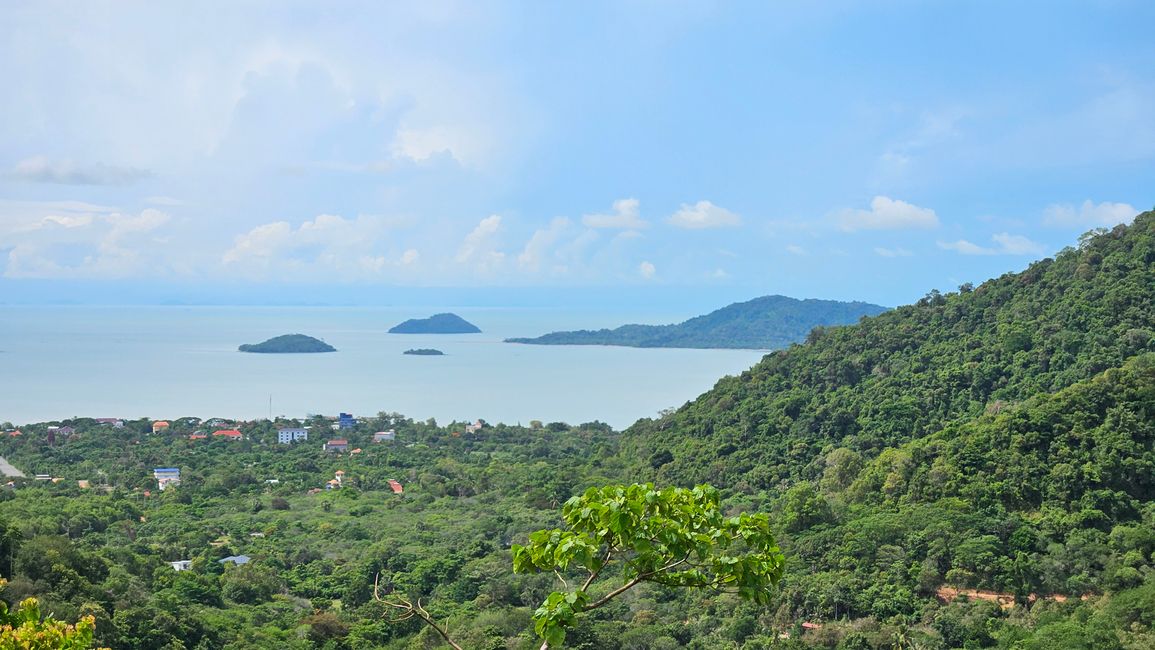
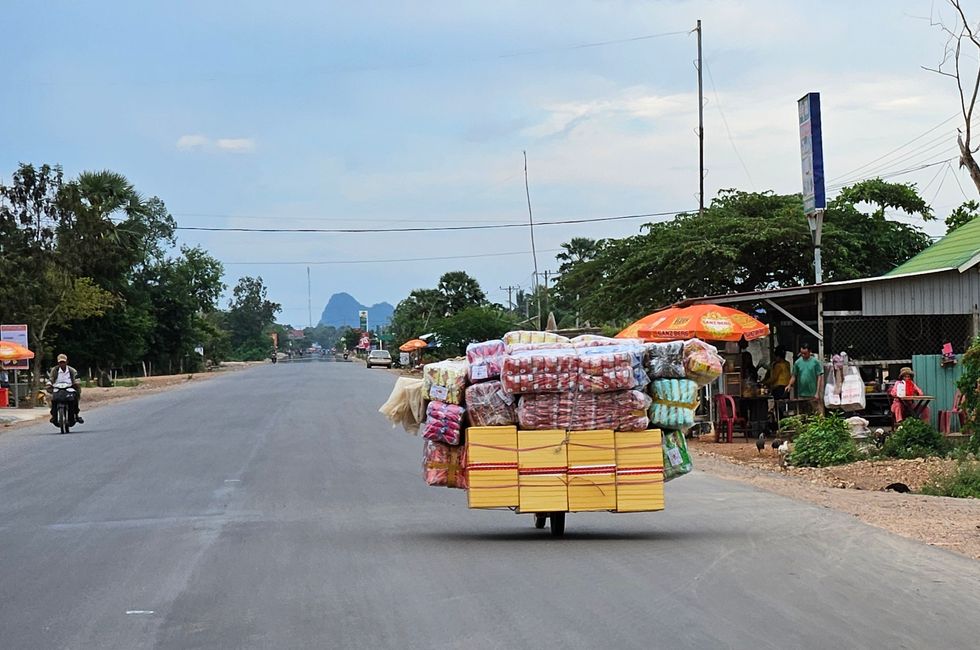
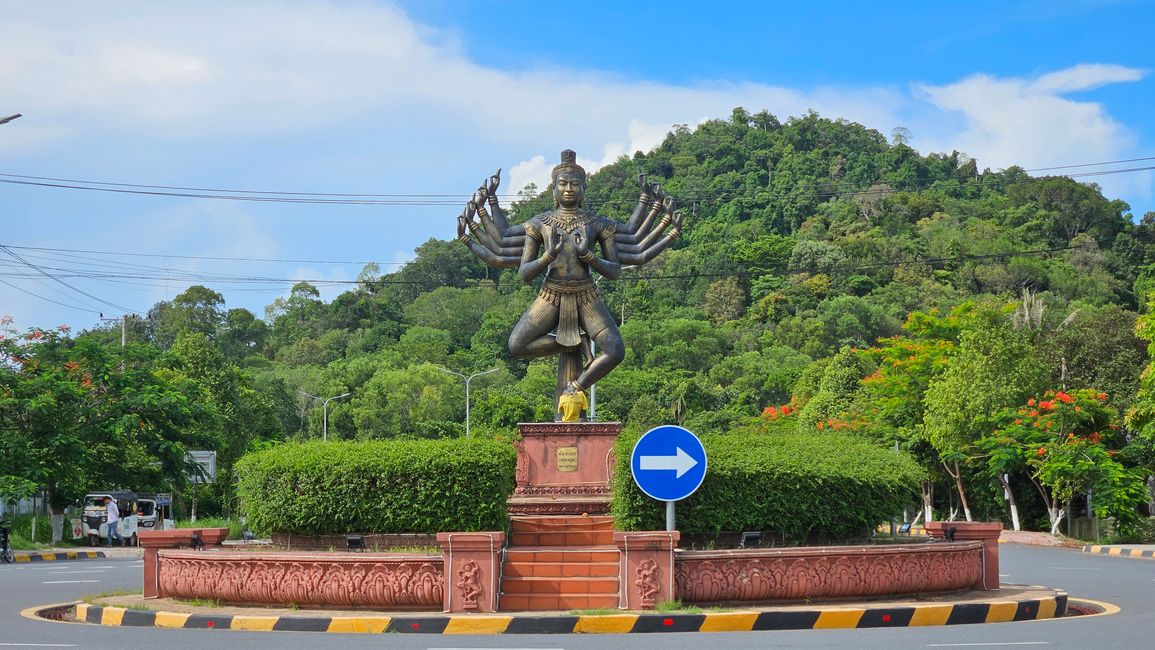
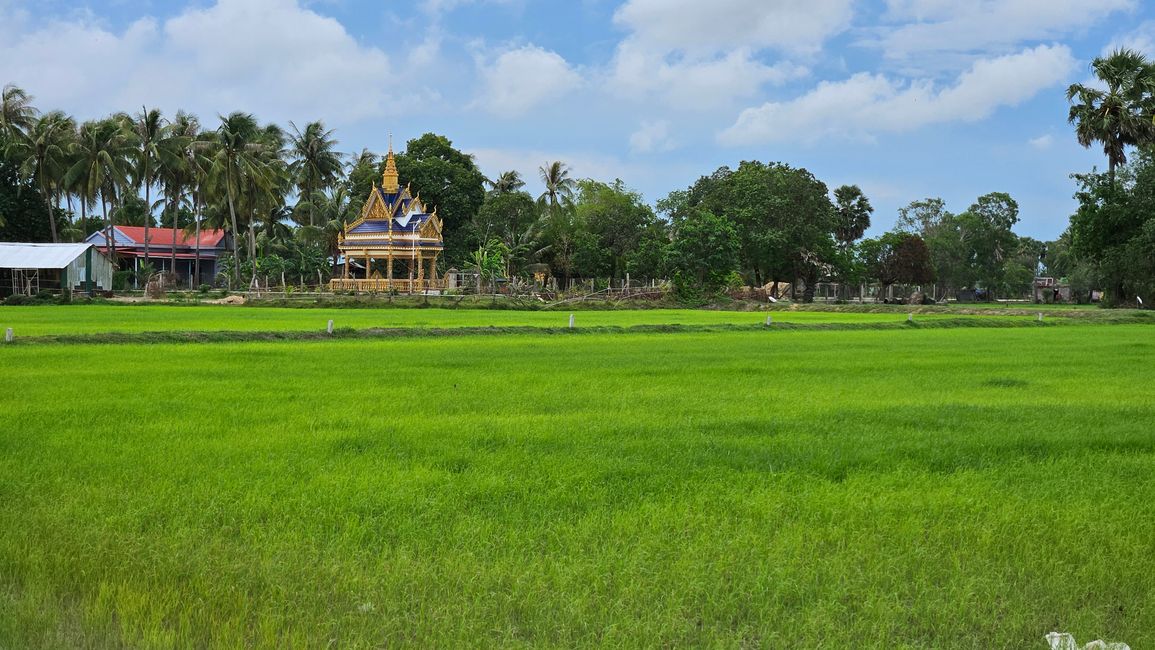
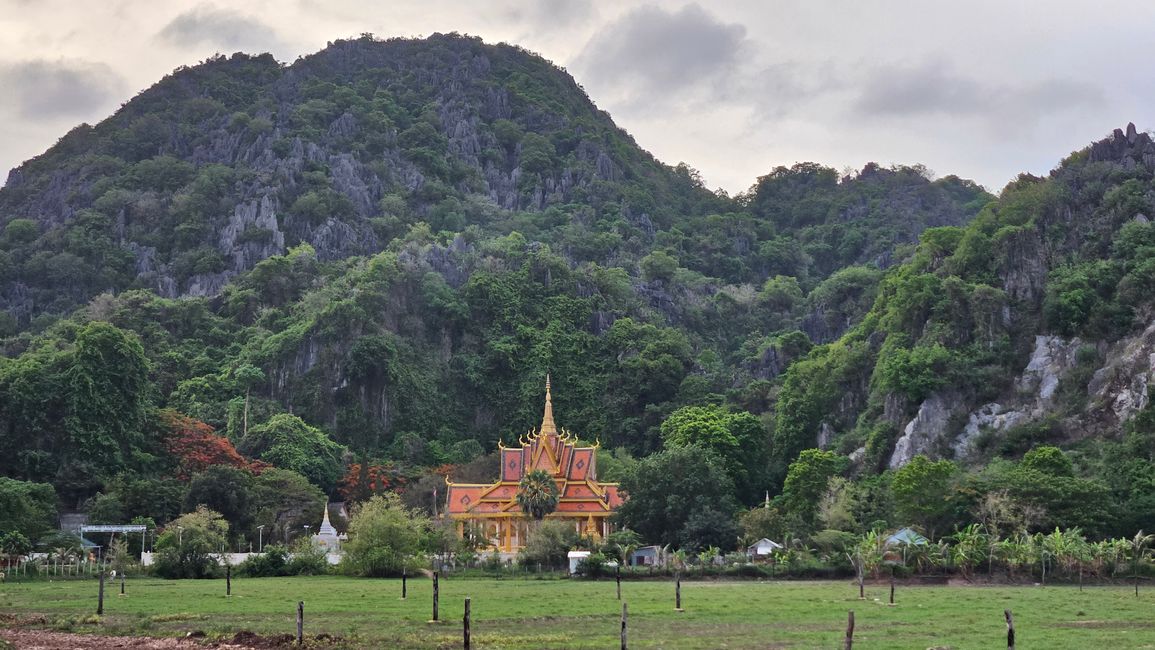
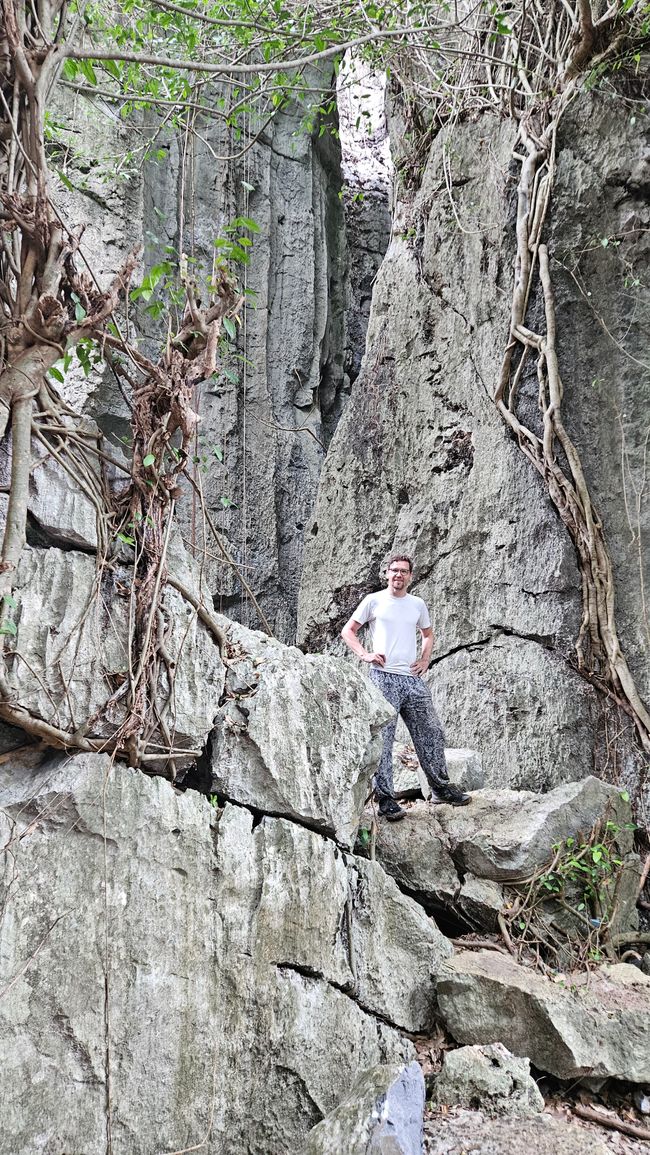
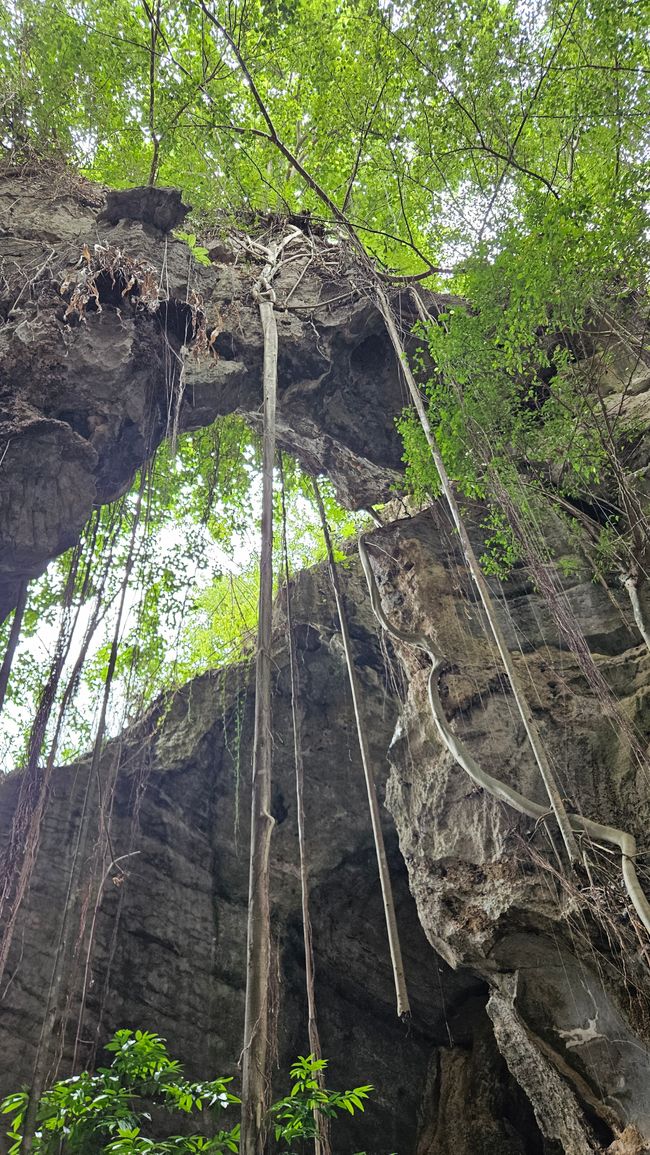
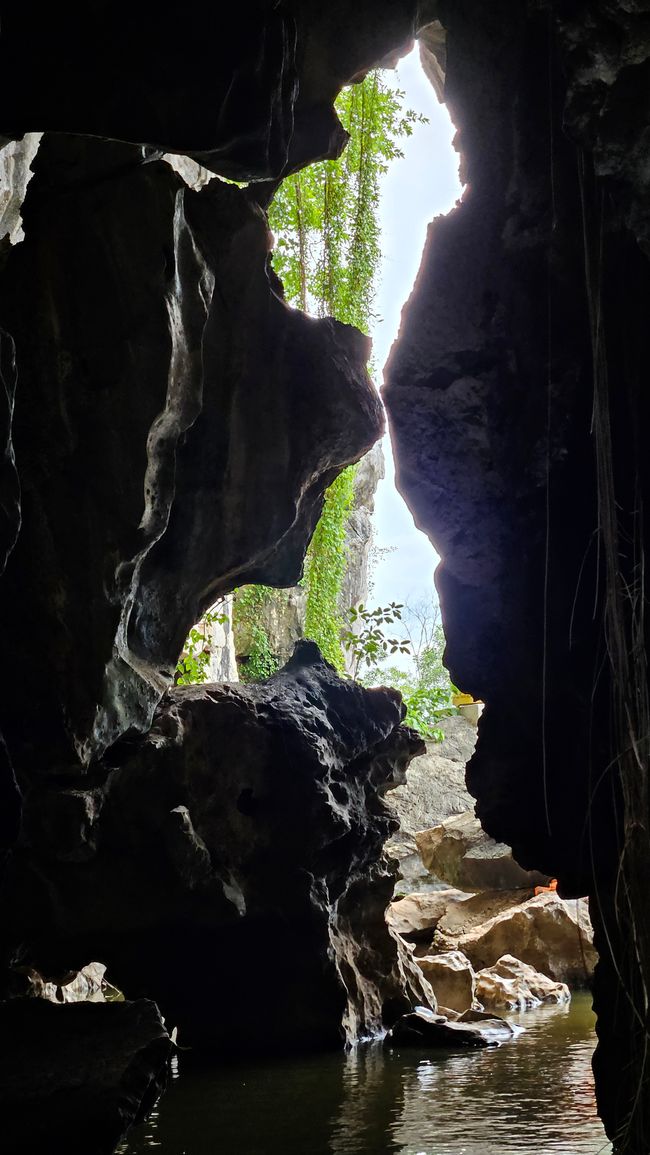
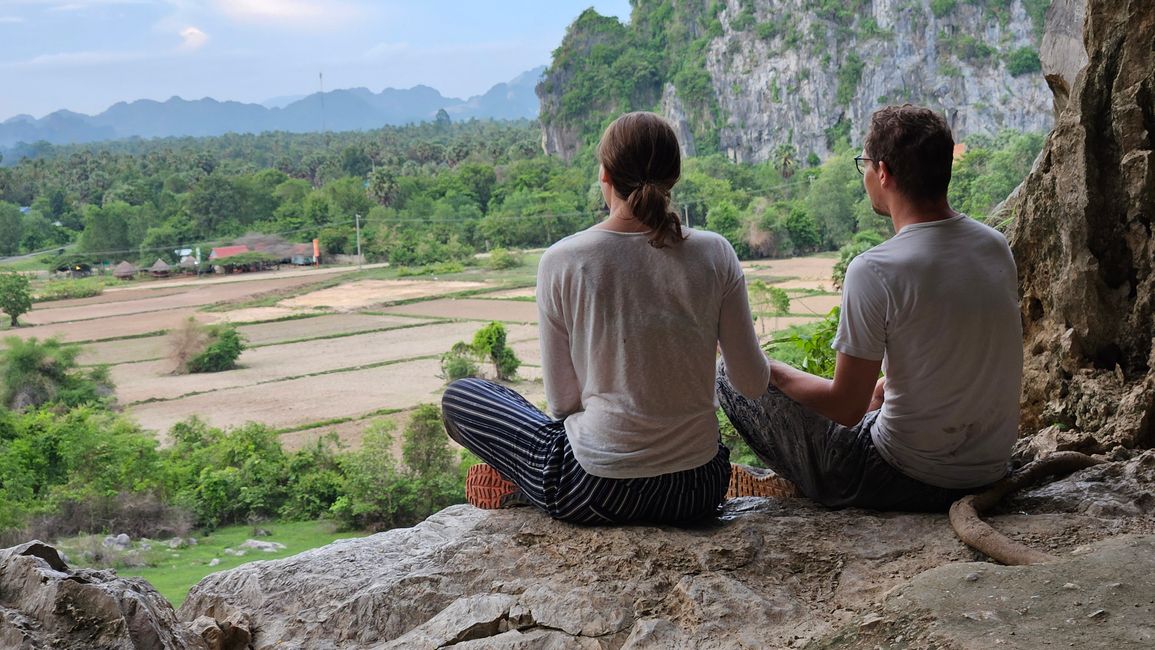
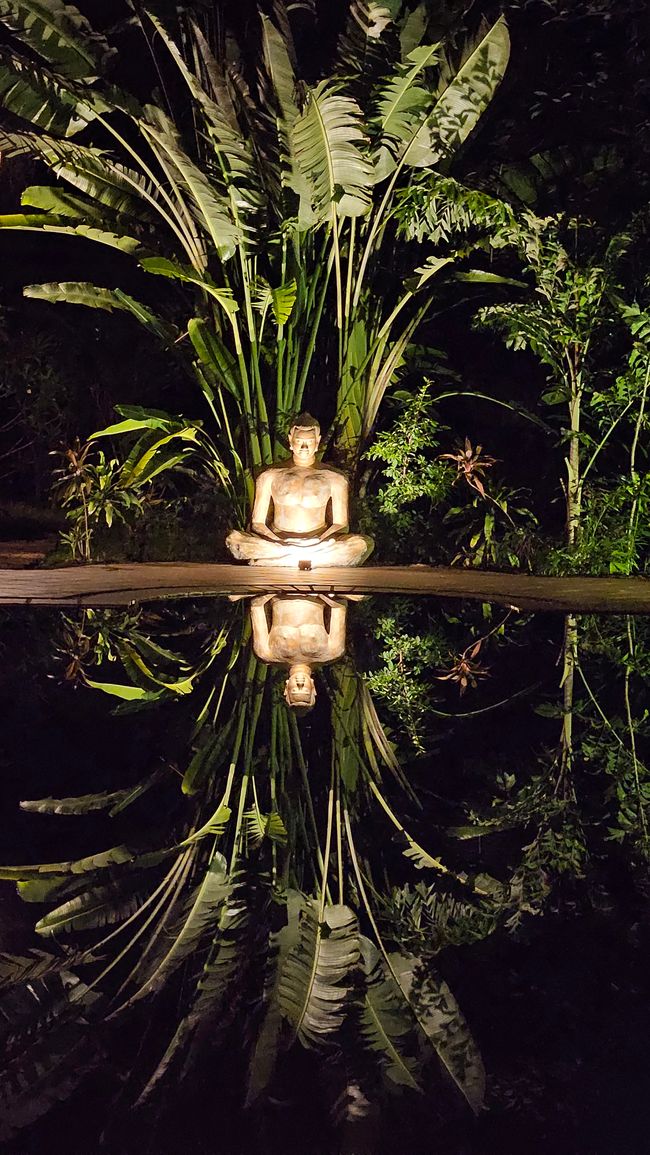
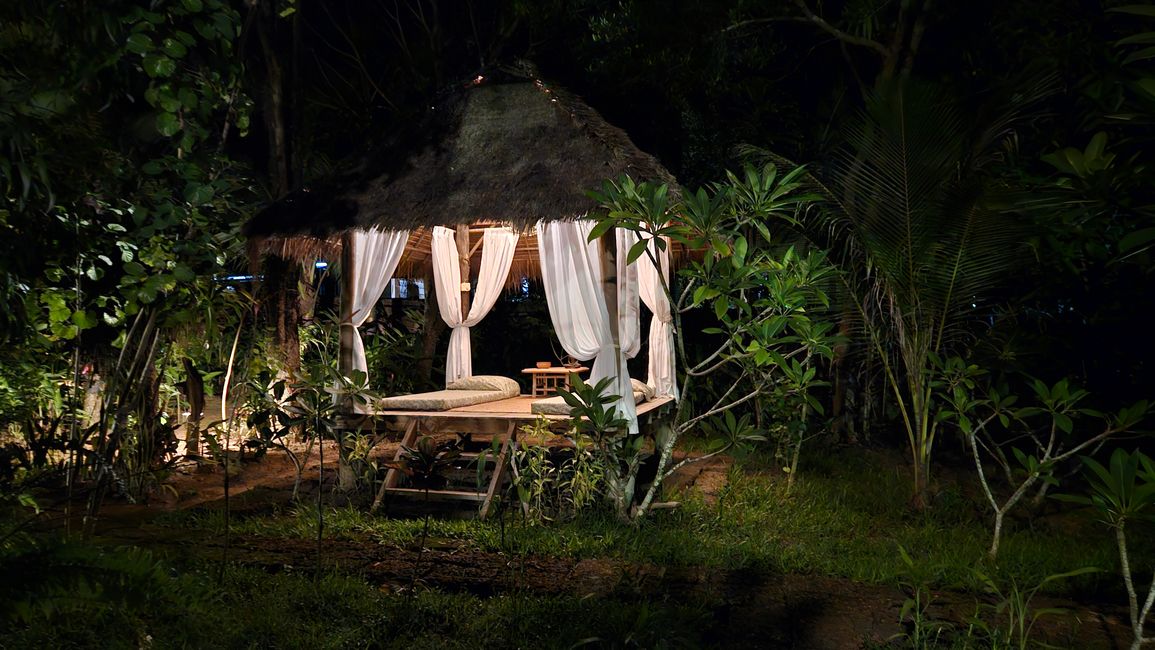
הירשם לעדכונים
Our first destination in Cambodia was the small coastal town of Kep, founded in 1908 by the French as a kind of Côte d'Azur far from home. In the 1950s and 1960s, wealthy Cambodians built magnificent villas there and enjoyed their lives until the Khmer Rouge took power in 1975, looting and destroying the villas. Those villas that survived the rule of the Khmer Rouge are now in decay. Kep is now a popular weekend destination for residents of Phnom Penh and is known for its seafood, especially the freshly prepared crabs.
We checked into a lodge just outside the town and were immediately briefed by the French owner on the local payment practices: In Cambodia, any amount can be paid with US dollars, Cambodian Riels, or a combination of both currencies. The same applies to the change. Therefore, one is constantly busy calculating. Furthermore, when it comes to dollar bills, one must ensure that they are not counterfeit and preferably undamaged. For example, if a bill has a small tear, it may not be accepted when used for payment. Therefore, one should not accept such bills either - but we already had: the border officer who we paid our visas to had returned a bill with a small tear... With Riels, there is nothing to worry about. Some are brand new, others are really dirty, and some even have notes written on them. Riels are accepted in any condition.
After cooling off in the pool, we rented a scooter and drove to Sothy's Pepperfarm. During a tour, we learned how green, black, white, and red pepper are produced without using chemicals. The essence of the visit: in Germany, either buy expensive Kampot pepper (the province of Kampot borders the province of Kep and is known for pepper cultivation) or only buy black pepper. The other pepper is most likely just dyed.
We also had the opportunity to talk to Mr. Klein. Mr. Klein was born in former Yugoslavia, grew up near Munich, spent several years in Japan after his studies, and has been living in Cambodia for about 30 years now. Back then, he came to the country as an agricultural development aid worker and, as part of that, imported 200 white cattle from the Philippines for field work. In the mid-1990s, he also brought the Internet to Cambodia and has been the owner of Sothy's Pepperfarm for about 10 years now. A truly moving and inspiring biography!
Back to Kep: In addition to the famous crab market, we also visited Kep National Park. There is an 8km circular trail where you are supposed to be able to see monkeys and snakes, among other things. We only saw a single monkey at the park entrance near a cafe. He probably learned that there is always something to eat for him there. Unfortunately, the entire circular path is concrete, and you can also ride a scooter instead of walking. This hike was a bit disappointing, apart from the view from the green observation tower in the middle of the national park...
The scooter trip around Kep's surroundings, on the other hand, was very nice: passing by rice fields and salt terraces, to monasteries and caves, and almost always with a wonderful view!
הירשם לעדכונים
תשובה
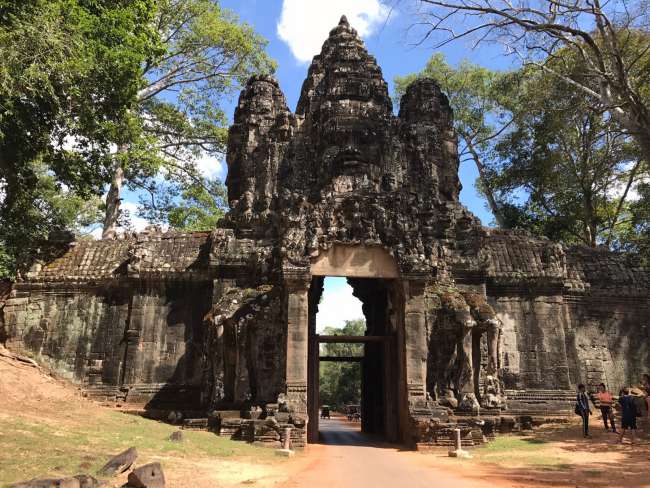
דוחות נסיעות קמבודיה
